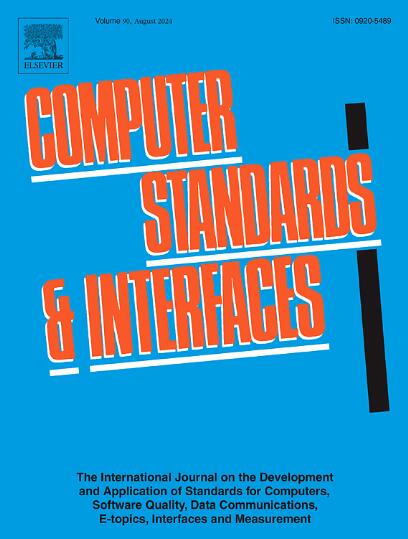MetaPerceptron: A standardized framework for metaheuristic-driven multi-layer perceptron optimization
IF 3.1
2区 计算机科学
Q1 COMPUTER SCIENCE, HARDWARE & ARCHITECTURE
引用次数: 0
Abstract
The multi-layer perceptron (MLP) remains a foundational architecture within neural networks, widely recognized for its ability to model complex, non-linear relationships between inputs and outputs. Despite its success, MLP training processes often face challenges like susceptibility to local optima and overfitting when relying on traditional gradient descent optimization. Metaheuristic algorithms (MHAs) have recently emerged as robust alternatives for optimizing MLP training, yet no current package offers a comprehensive, standardized framework for MHA-MLP hybrid models. This paper introduces MetaPerceptron, an standardized open-source Python framework designed to integrate MHAs with MLPs seamlessly, supporting both regression and classification tasks. MetaPerceptron is built on top of PyTorch, Scikit-Learn, and Mealpy. Through this design, MetaPerceptron promotes standardization in MLP optimization, incorporating essential machine learning utilities such as model forecasting, feature selection, hyperparameter tuning, and pipeline creation. By offering over 200 MHAs, MetaPerceptron empowers users to experiment across a broad array of metaheuristic optimization techniques without reimplementation. This framework significantly enhances accessibility, adaptability, and consistency in metaheuristic-trained neural network research and applications, positioning it as a valuable resource for machine learning, data science, and computational optimization. The entire source code is freely available on Github: https://github.com/thieu1995/MetaPerceptron
元感知器:用于元启发式驱动的多层感知器优化的标准化框架
多层感知器(MLP)仍然是神经网络的基础架构,因其对输入和输出之间复杂的非线性关系进行建模的能力而得到广泛认可。尽管取得了成功,但在依赖传统梯度下降优化时,MLP训练过程经常面临局部最优敏感性和过拟合等挑战。元启发式算法(MHAs)最近成为优化MLP训练的强大替代方案,但目前还没有软件包为MHA-MLP混合模型提供全面、标准化的框架。本文介绍了MetaPerceptron,这是一个标准化的开源Python框架,旨在将MHAs与mlp无缝集成,支持回归和分类任务。MetaPerceptron构建在PyTorch、Scikit-Learn和Mealpy之上。通过这种设计,MetaPerceptron促进了MLP优化的标准化,结合了基本的机器学习实用程序,如模型预测、特征选择、超参数调整和管道创建。通过提供超过200个mha, MetaPerceptron使用户能够在不重新实现的情况下进行广泛的元启发式优化技术实验。该框架显著增强了元启发式训练神经网络研究和应用的可访问性、适应性和一致性,将其定位为机器学习、数据科学和计算优化的宝贵资源。完整的源代码可以在Github上免费获得:https://github.com/thieu1995/MetaPerceptron
本文章由计算机程序翻译,如有差异,请以英文原文为准。
求助全文
约1分钟内获得全文
求助全文
来源期刊

Computer Standards & Interfaces
工程技术-计算机:软件工程
CiteScore
11.90
自引率
16.00%
发文量
67
审稿时长
6 months
期刊介绍:
The quality of software, well-defined interfaces (hardware and software), the process of digitalisation, and accepted standards in these fields are essential for building and exploiting complex computing, communication, multimedia and measuring systems. Standards can simplify the design and construction of individual hardware and software components and help to ensure satisfactory interworking.
Computer Standards & Interfaces is an international journal dealing specifically with these topics.
The journal
• Provides information about activities and progress on the definition of computer standards, software quality, interfaces and methods, at national, European and international levels
• Publishes critical comments on standards and standards activities
• Disseminates user''s experiences and case studies in the application and exploitation of established or emerging standards, interfaces and methods
• Offers a forum for discussion on actual projects, standards, interfaces and methods by recognised experts
• Stimulates relevant research by providing a specialised refereed medium.
 求助内容:
求助内容: 应助结果提醒方式:
应助结果提醒方式:


